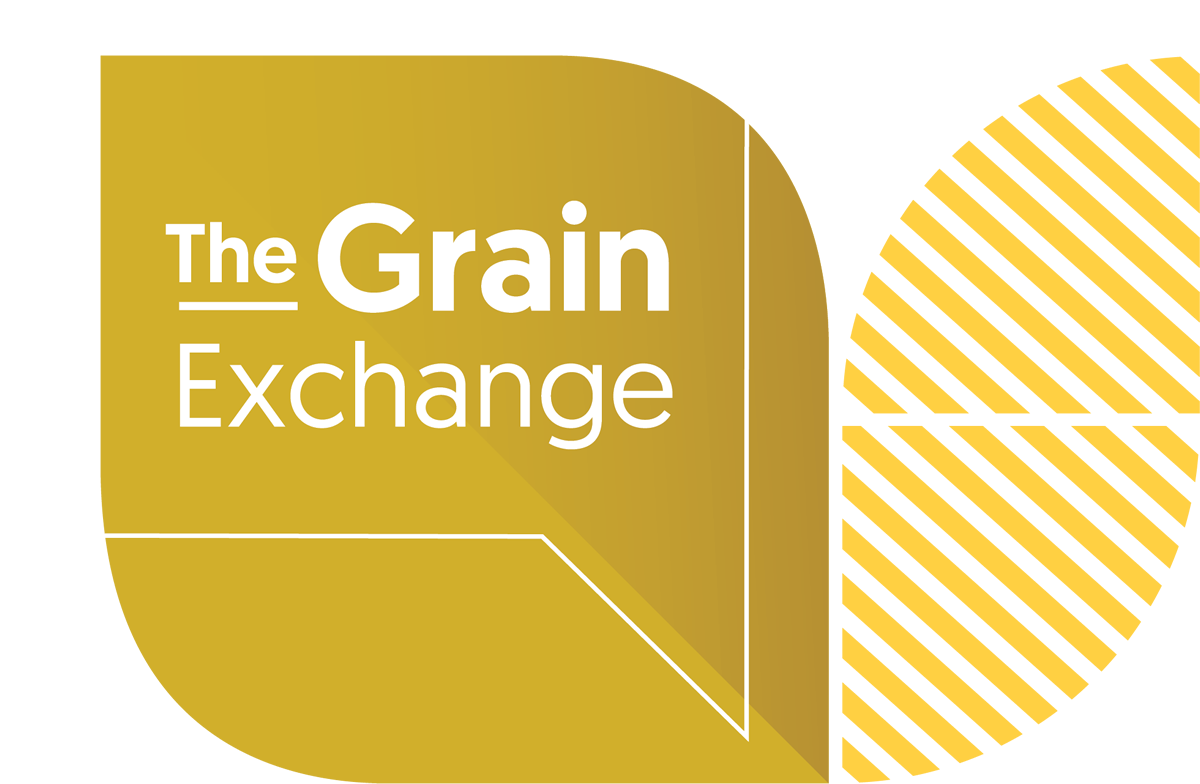The commissions keep watch on ag industry changes
When the UCP government was elected and took over the provincial government in 2018, we expected changes to bureaucracy but were uncertain of what the exact impact would be on the ag sector.
Shortly after stepping into his role as Minister of Agriculture and Forestry, Devin Dreeshen announced his intentions to review and refresh the agriculture department with a “farmer-led” lens, while some positions primarily focused on extension were eliminated early on, industry consultations bridged the gap from this announcement to any major changes.
For our part, the Alberta Wheat and Barley Commissions stressed the maintenance of critical monitoring and surveillance work, as well as unbiased industry extension for research, policy and programming. Because the ministry housed talented, regionally-focused agronomy researchers, we encouraged the ministry to work with funders and stakeholders to transition their roles to other research institutions along with a long-term sustainable funding model. We began to foresee the loss of many programs and were determined to help direct them to a long-term home more conducive to carrying out scientific research.
Since the consultations, many changes have occurred and even more are expected prior to the provincial government’s fiscal year end in March 2021. Producer groups including the commissions have been following closely with action to fill the extension and knowledge transfer voids ensuring that the impact felt by our grassroots members are minimal.
Following a round of cuts to extension staff during the spring of 2020, it became apparent that Alberta Agriculture and Forestry (AF) would not have capacity to produce the crop protection guide, commonly referred to as “The Blue Book”. To ensure that Alberta producers still have access to up-to-date crop protection information, the Alberta Wheat Commission applied for a Canadian Agricultural Partnership (CAP) grant to support the four crop commissions (Alberta Wheat Commission, Alberta Barley, Alberta Canola and Alberta Pulse Growers) in producing The Blue Book for the 2021 crop season. Post-2021, the commissions intend to continue producing the manual, replacing the CAP grant with revenue from 2021 sales to supplement their investment. Visit albertabluebook.com to learn more and place an advanced order of the 2021 Blue Book for March shipping.
Another agronomic staple that the crop commission did not want to lose due to changes within the ministry is Agronomy Update. For years, Agronomy Update has brought together Alberta’s farmers, agronomists and researchers for presentations on the latest innovations in crop management. The four crop commissions worked hard to plan an accessible, quality virtual event that was held January 19 and 20, 2020, ensuring that this important extension opportunity was not lost.
Many AF staff and programs have been transferred to post-secondary programs throughout the province. Most of these transfers are based on three-year funding agreements with the province, including the transfer of the Field Crop Development Centre and the provincial barley and triticale breeding program to Olds College. We are hopeful the transfer of research staff to these institutions will allow more freedom to operate in a scientific space. However, these transfers are not without significant challenges. The commissions will remain highly engaged to ensure that programs are not diminished by funding issues once the provincial grants run their course.

